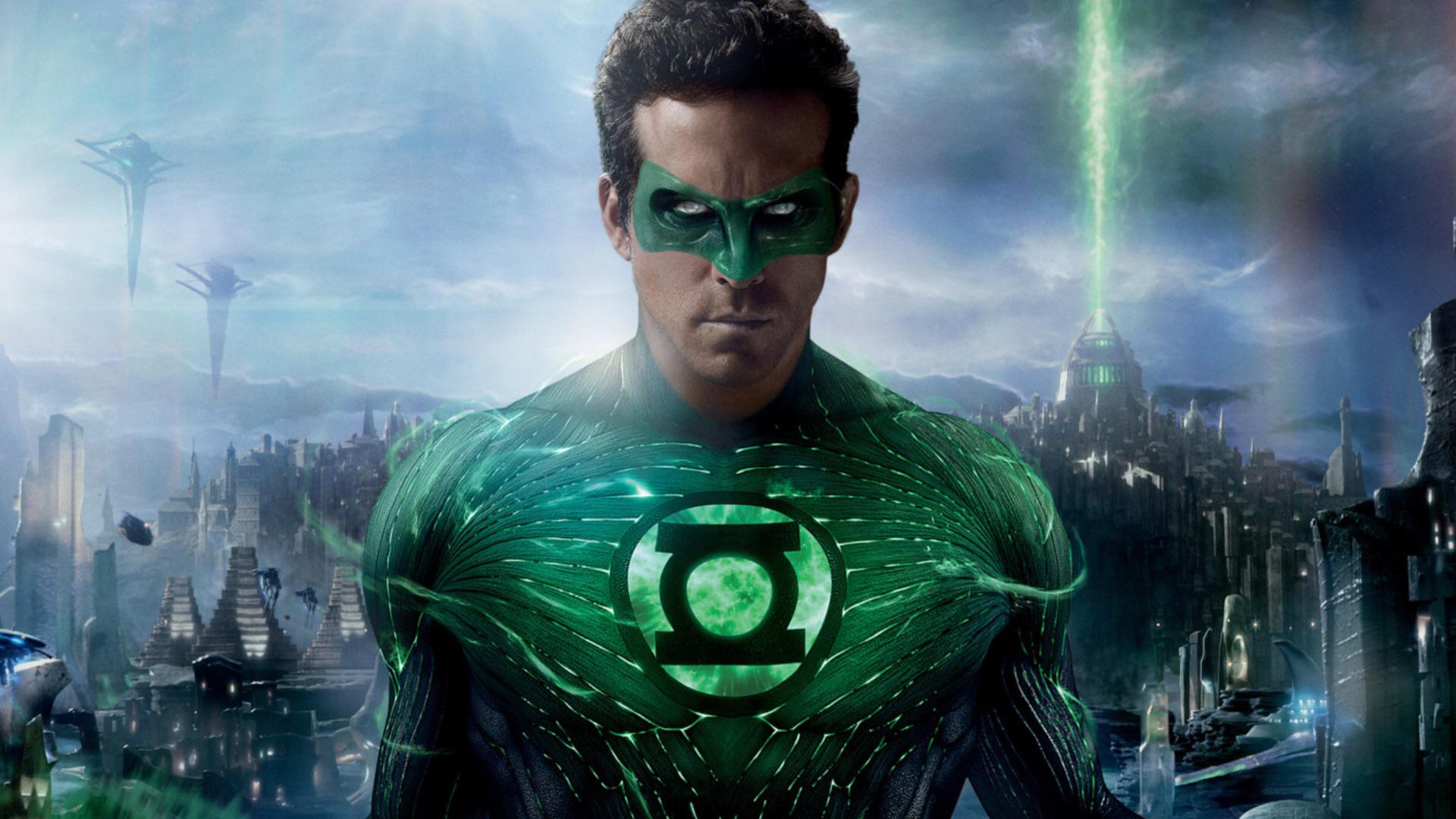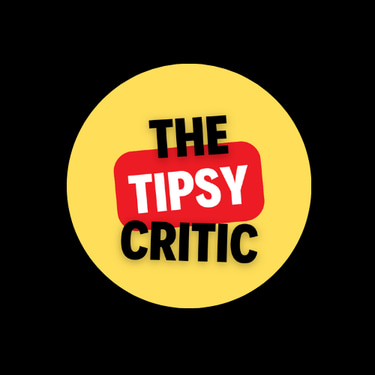“Your home for fearless film reviews, the latest entertainment news, and unfiltered movie rants.”
Ryan Reynolds Labels Green Lantern His ‘Worst Career Regret’ — Inside the Superhero Flop That Shaped His Blockbuster Comeback
Ryan Reynolds calls Green Lantern his “biggest regret” in a brutally honest new interview. Here’s how the 2011 flop nearly ruined his career—and paved the way for Deadpool.
The Tipsy Critic
5/22/2025

In a brutally honest podcast episode that’s making waves across Hollywood, Ryan Reynolds has once again called out Green Lantern (2011) as his “worst regret” in his entire acting career — even joking he’d love to “erase it from existence.” But behind the sarcasm lies a revealing story about studio pressure, bad decisions, and how one of the biggest superhero flops of the 2010s ultimately set Reynolds on the path to becoming a global A-lister.
So what really went wrong with Green Lantern? And why is Reynolds still talking about it over a decade later?
Let’s break down the aftermath of the CGI suit, the fallout, and the surprising ways the film’s failure helped him build the career he has today.
A $200 Million Disaster
When Green Lantern hit theaters in 2011, it was supposed to launch DC’s own answer to Marvel’s growing cinematic universe. With a massive budget, heavy visual effects, and Ryan Reynolds at the helm fresh off The Proposal and X-Men Origins: Wolverine, the expectations were sky-high.
Instead, Green Lantern became a punchline. Critics slammed the film’s overstuffed plot, bland villain, and particularly — its fully CGI suit, which many described as “unsettling” and “lazy.” On Rotten Tomatoes, it still holds a measly 26% approval rating. Audiences were just as unimpressed, and the film failed to break even, grossing just $219 million worldwide on a $200 million budget.
Reynolds was dragged with it. “It was a huge lesson,” he said in the recent podcast. “I learned the hard way what happens when you ignore your gut and say yes to things for the wrong reasons.”
“Studio Notes Killed That Movie”
One of the most telling parts of Reynolds’ latest comments is his candid frustration with studio interference. “I went against my instincts every step of the way,” he admitted. “They wanted a funny guy in a serious film, then they changed their minds halfway through. There were so many cooks in the kitchen.”
He also poked fun at the infamous green CGI suit: “They literally told me, ‘Don’t worry, we’ll fix it in post.’ And then the internet roasted me for a decade.”
That kind of creative chaos is a recurring theme in superhero films gone wrong (Fantastic Four, anyone?), but Reynolds’ comments give fans a rare behind-the-scenes look at how those decisions get made — and how much actors are at the mercy of marketing, executives, and shifting franchise plans.
The Fallout—and Redemption
After Green Lantern, Reynolds’ blockbuster career hit a cold streak. Films like R.I.P.D. and The Voices didn’t land with audiences, and it seemed like his chance at leading a major franchise had vanished.
But then came Deadpool (2016).
It was the exact opposite of Green Lantern in every way: low budget, R-rated, independently marketed, and driven by Reynolds himself — who had fought for over a decade to get it made.
“The failure of Green Lantern gave me the freedom to do Deadpool the way I wanted,” he’s said in the past. “No one expected anything. I had nothing left to lose.”
And the gamble paid off. Deadpool became a box office juggernaut, earning over $780 million worldwide and redefining Reynolds’ career overnight. Today, he's one of the most bankable stars in Hollywood, with projects like Free Guy, The Adam Project, and Deadpool & Wolverine on the way.
A Running Joke With Real Regret
What’s fascinating about Reynolds is that he’s never tried to distance himself from Green Lantern. In fact, he’s done the opposite: constantly mocking it in interviews, commercials, and even in Deadpool 2, where his character shoots a fictional version of himself reading the Green Lantern script.
But the self-deprecation comes with a deeper truth. “It wasn’t just a bad movie — it was a career-defining mistake,” he said. “And you either let that bury you or you use it to push yourself to do better. I chose the second one.”
Why Fans Still Care
So why is Green Lantern still being talked about in 2025?
Part of it is the cult status bad movies often gain — fans love to hate-watch it, meme it, or dissect what could’ve been. But it’s also because Reynolds is one of the few actors honest enough to own his past mistakes publicly, without blaming everyone else.
His candidness is rare in an industry full of spin. And it makes him more relatable — even to fans who never watched Green Lantern the first time around.
Final Thoughts: From Flop to Fuel
Green Lantern didn’t kill Ryan Reynolds’ career — it gave him the blueprint for how not to make a blockbuster. And that’s something most actors never get a second chance to correct.
With Deadpool & Wolverine expected to dominate the box office later this year, Reynolds is living proof that one terrible film doesn’t have to define you. If anything, it can become your launchpad.
As Reynolds put it best: “You don’t always get it right. But if you learn from it — that’s when you actually start winning.”
📲 Follow @thetipsycriticreview for more real takes, no fluff.
➡️ Read more movie and TV industry breakdowns at [The Tipsy Critic]

As an Amazon Associate, I earn from qualifying purchases.
